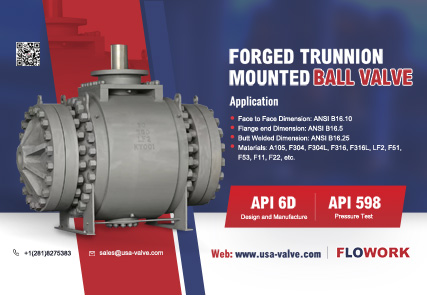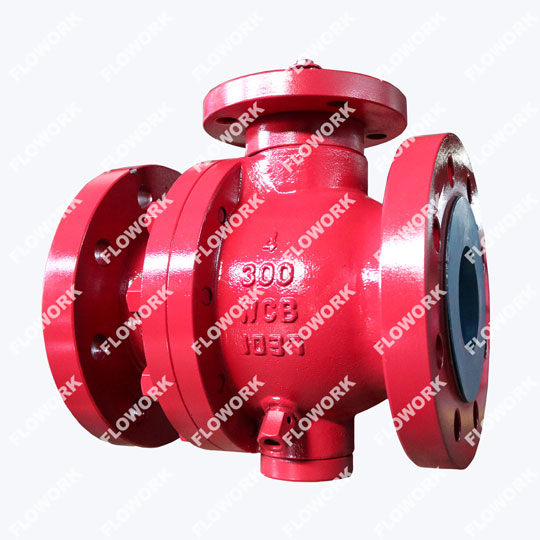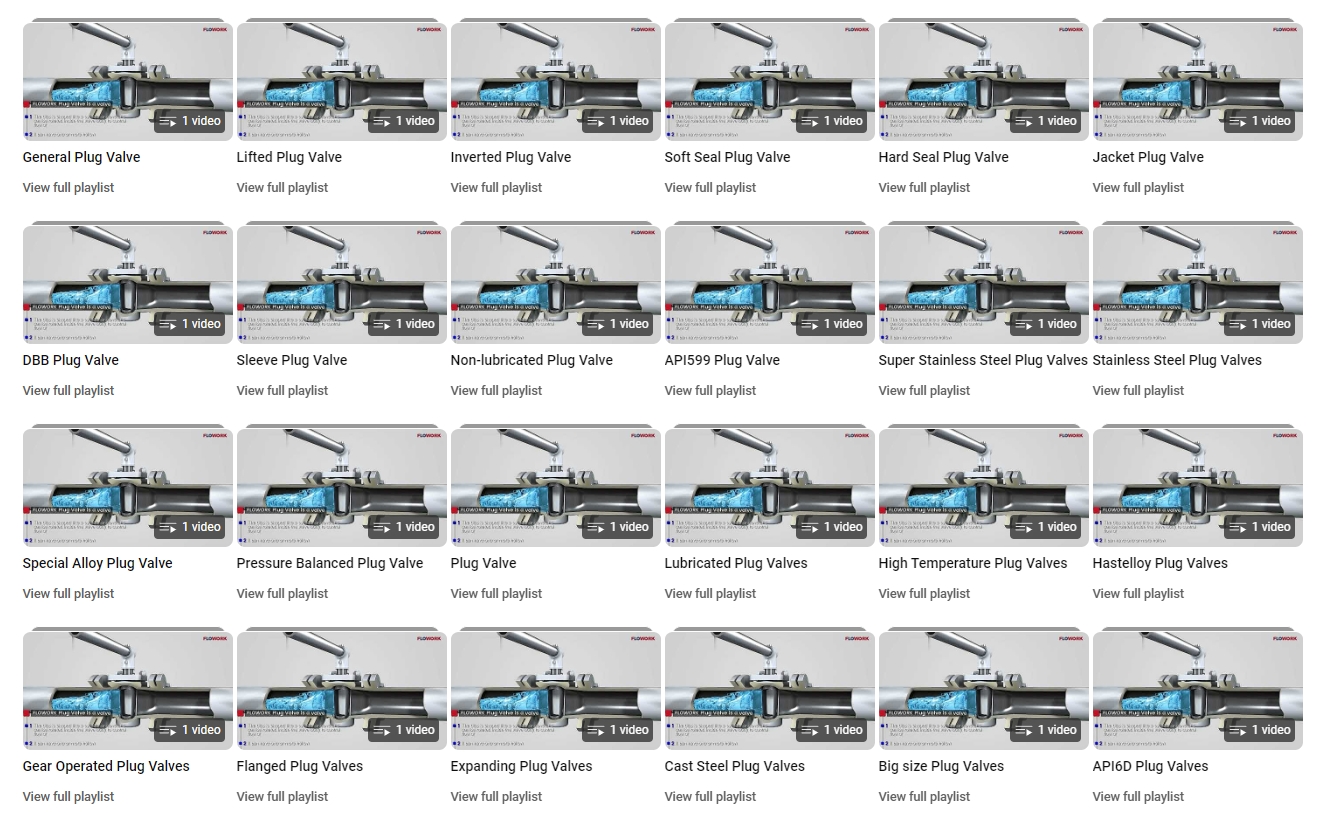What seal materials for valves?
The key to improving valve performance. In the world of valves, sealing material selection is a key factor affecting valve performance. With the continuous development of science and technology, new materials and technologies continue to emerge, providing valve designers with more choices. I will guide you to understand the importance of valve sealing materials and how to choose appropriate sealing materials. Let me explain to you below.
1. Types and characteristics of sealing materials
There are various valve sealing materials, and different materials have different characteristics and applicable occasions. Among them, common valve sealing materials include rubber, polytetrafluoroethylene (PTFE), metal alloys, etc.
Rubber: Rubber is an elastic sealing material widely used in various valves. It has excellent sealing performance and can adapt to different working pressures and temperatures. However, rubber has relatively poor corrosion resistance and high temperature resistance, fugitive emission gate valve.
PTFE: PTFE is an excellent sealing material with low friction coefficient, good chemical resistance and high temperature performance. It is suitable for environments with high pressure, high temperature and corrosive media. However, PTFE has a lower hardness and may deform under high pressure or impact conditions.
Metal alloy: Metal alloy is a hard sealing material with excellent high temperature resistance and corrosion resistance. It is suitable for environments with high temperature, high pressure and highly corrosive media. However, the hardness of metal alloys can cause wear and tear on other parts of the valve.

2. Choose the appropriate sealing material
Selecting the appropriate sealing material is critical to valve performance and longevity. Here are a few considerations for selecting sealing materials:
Working environment: The sealing material of the valve should be able to adapt to the temperature, pressure, medium properties and chemical corrosion in the working environment, bronze flanged gate valve.
Operating requirements: Parameters such as the valve's operating frequency, operating pressure and flow rate will affect the selection of sealing materials. For example, high-frequency switching valves need to choose sealing materials with good wear resistance.
Economy: On the premise of meeting performance requirements, reasonably priced sealing materials should be selected to reduce valve costs.
Environmental requirements: With the improvement of environmental awareness, environmentally friendly sealing materials should be selected, such as recyclable materials or materials with low volatile organic compound (VOC) emissions.
Installation and Maintenance: Consider installation and maintenance requirements for sealing materials. Some sealing materials may require special installation or maintenance procedures, such as pre-compression or periodic replacement.
3. Case analysis
In order to better understand the selection of sealing materials, let us analyze it through a case. Suppose we are designing a valve for a chemical plant that needs to work in an environment of high temperature, high pressure, and highly corrosive media. Based on the above considerations, we may choose a metal alloy as the sealing material because of its excellent high temperature resistance, corrosion resistance and hardness properties. In addition, the durability and reliability of metal alloys are particularly important in high-risk environments such as chemical plants, bronze plug valve.

4. Development Trend
With the development of composite material technology, the application of high-performance composite materials in the field of valve sealing materials will become more and more extensive. These high-performance composite materials have excellent properties such as high temperature resistance, corrosion resistance, wear resistance and low friction coefficient, and can meet the requirements of various complex and extreme working environments.
With the development of smart materials, smart sealing materials will become an important development direction of valve sealing materials in the future. Smart sealing materials are able to sense changes in environmental conditions and automatically adjust their properties to accommodate those changes. For example, intelligent sealing materials can automatically adjust their shape and performance according to changes in temperature, pressure and medium properties to improve the sealing performance and life of the valve.
With the continuous improvement of environmental awareness, green environmentally friendly materials will become an important development direction of valve sealing materials in the future. These green and environmentally friendly materials feature recyclability, low volatile organic compound (VOC) emissions and low environmental impact, and can meet environmental protection requirements and reduce environmental impact.
As industrial needs continue to change, personalized customized valve sealing materials will become the future development trend. By targeting the requirements of specific application scenarios and working conditions, sealing materials with specific performance and characteristics can be designed and produced to meet various special needs and improve the adaptability and reliability of the valve, bronze wafer check valve.
5. Let me share my summary with you.
The selection of valve sealing materials has an important impact on the performance and life of the valve. By deeply understanding the characteristics and applicable situations of different sealing materials, and taking into account factors such as the working environment, operating requirements, economy, environmental requirements, installation and maintenance, I can select the most suitable sealing material for a specific application. With the continuous advancement of technology and changes in industrial needs, valve sealing materials will continue to develop and improve in the future, providing more efficient, reliable and environmentally friendly solutions for industrial development.








